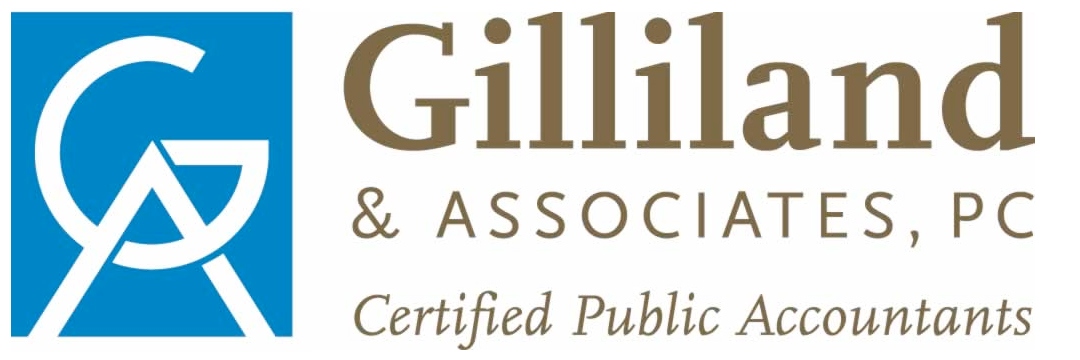Pay yourself reasonable wages
What rule do you follow if there are no rules to follow?
As the owner of an S corporation trying to determine a reasonable salary to pay yourself, the question is important – and difficult to answer. The reason: At present, there are no specific regulations, safe-harbor provisions, or minimum wage requirements defining what amount of compensation is “reasonable” for S corporation shareholder-employees.
As a result, when times are tough, the lack of hard and fast rules could tempt you to forego paying yourself a salary and instead take money from your corporation in other ways, such as distributions or loans. Yet that approach might be costly.
Why? While these methods can be legitimate, without the presence of a reasonable salary, it’s possible for distributions and loans that you pay yourself from your S corporation to be reclassified as wages. If that happens, you could end up owing interest and penalties in addition to payroll taxes.
Here are two general guidelines for setting your salary.
* How much you pay key employees. Wages and other amounts you pay unrelated, non-owner staff can indicate a starting point for your own compensation.
* The average salary for your profession or industry. Information from government wage surveys and online benchmarking tools offer compensation trends and information.
Congress is considering new rules concerning certain professional services and the salary paid by S corporations. Give us a call to review your situation.
